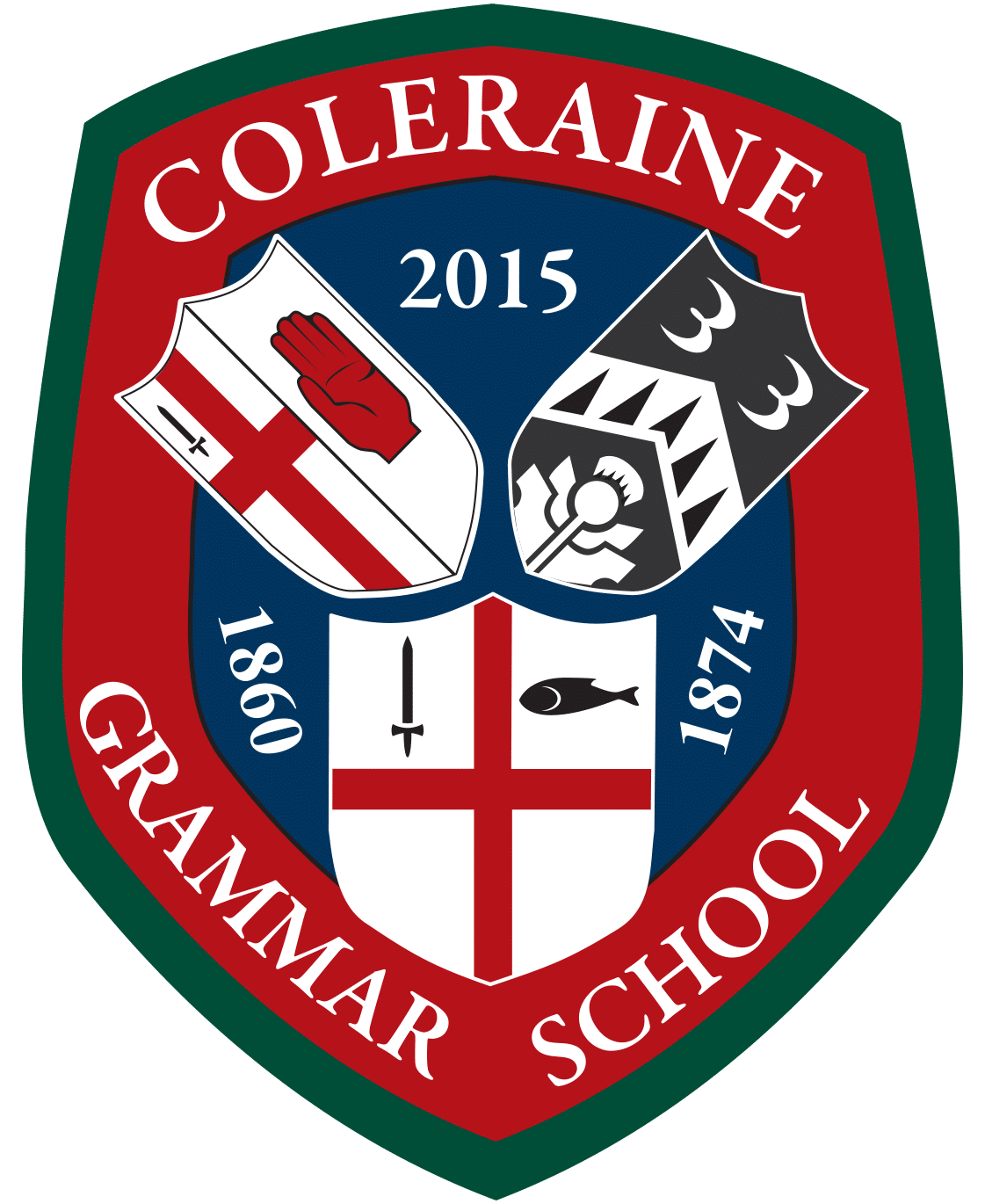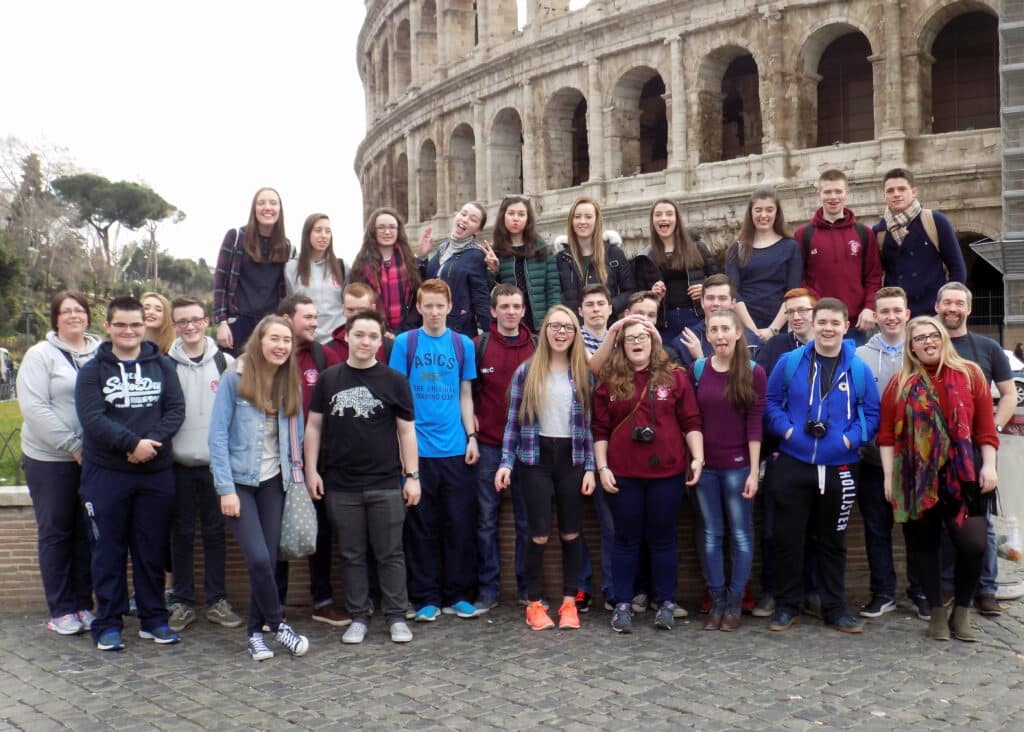As a department we are very proud of the continually high numbers of students who choose Religious Studies at A level. We continue to produce excellent examination results when compared with the examination performance of their peers in other NI Grammar Schools.
Students will study two units: The Early Church to 325AD and Ethics, following CCEA’S specification.
UNIT
|
CONTENT
|
| AS 4: The Origins and Development of the Early Christian Church to AD325 |
Students will explore the beginnings of the Christian Church up to 325AD, focusing in particular on its spread, expansion, persecution and the development of Christian worship. The relationship with other aspects of human experience is also a requirement. |
| AS 7: Foundations of Ethics with Special Reference to Issues in Medical Ethics |
|
Students will explore the role of Christian scripture in informing Christian ethics, the deontological approach and the teleological approach. These ethical approaches are then applied to key issues in medical ethics, such as human infertility, surrogacy and embryo research. Students explore the relationship between ethics and the other aspects of Human Experience. |
| A2 4: Themes in the Early Church and the Church Today |
Students will learn about Church authority and division; early Christian literature, modern Christian writers and consider the synoptic themes of belief and belonging in the modern world and faith, morality and state. |
|
|
Students learn about global rights such as sexual identity and gender-related issues. Students examine the nature and purpose of justice and punishment and the problems presented by contemporary warfare. They also study the synoptic themes of conscience, freedom and tolerance. |
The RS Department offer A Level Students the opportunity to visit Rome, where we visit a number of historical sites that are relevant to the Early Church unit of study. It really helps to bring the unit to ‘life’ as students see first- hand what is mentioned in class. The trip is certainly a highlight for both students and staff. We visit the following places:
- The Colosseum, Arch of Constantine
- The Roman Forum
- The Church of Mary Magdalene
- Vatican City – the Sistene Chapel, St Peter’s, climb the dome of St Peter’s, St Peter’s Square
- The Catacombs
- The Borghese Gallery
What our students say about the subject……
“I wanted to do an essay-based subject but didn’t like the idea of analysing literature so RE suited perfectly. The two modules went together nicely providing a good mix of historical and contemporary content which meant that the course was nice and varied. The class was top craic and the RE trip to Rome was definitely a highlight from my whole time at school! Now at uni, I’m really glad to have established good essay writing skills through having studied RE – it teaches you how to organise ideas coherently and express your own opinions clearly. The teachers are really friendly and helpful and will always be there to help you – 10/10 – would recommend!’” G Carson –Past Head Girl
” I picked RE because I enjoyed learning about the history of the Christian faith. The subject has really helped me to develop my essay writing skills and both teachers have made the subject even more enjoyable, definitely worth picking.” P McCrellis U6th
‘I chose RE because it is very relevant to our world today. The different topics have given me an insight into controversial issues as well as how the Church grew and spread. The teachers are very helpful and always give good feedback. – we also get tea and biscuits!’ B McClelland U6th

